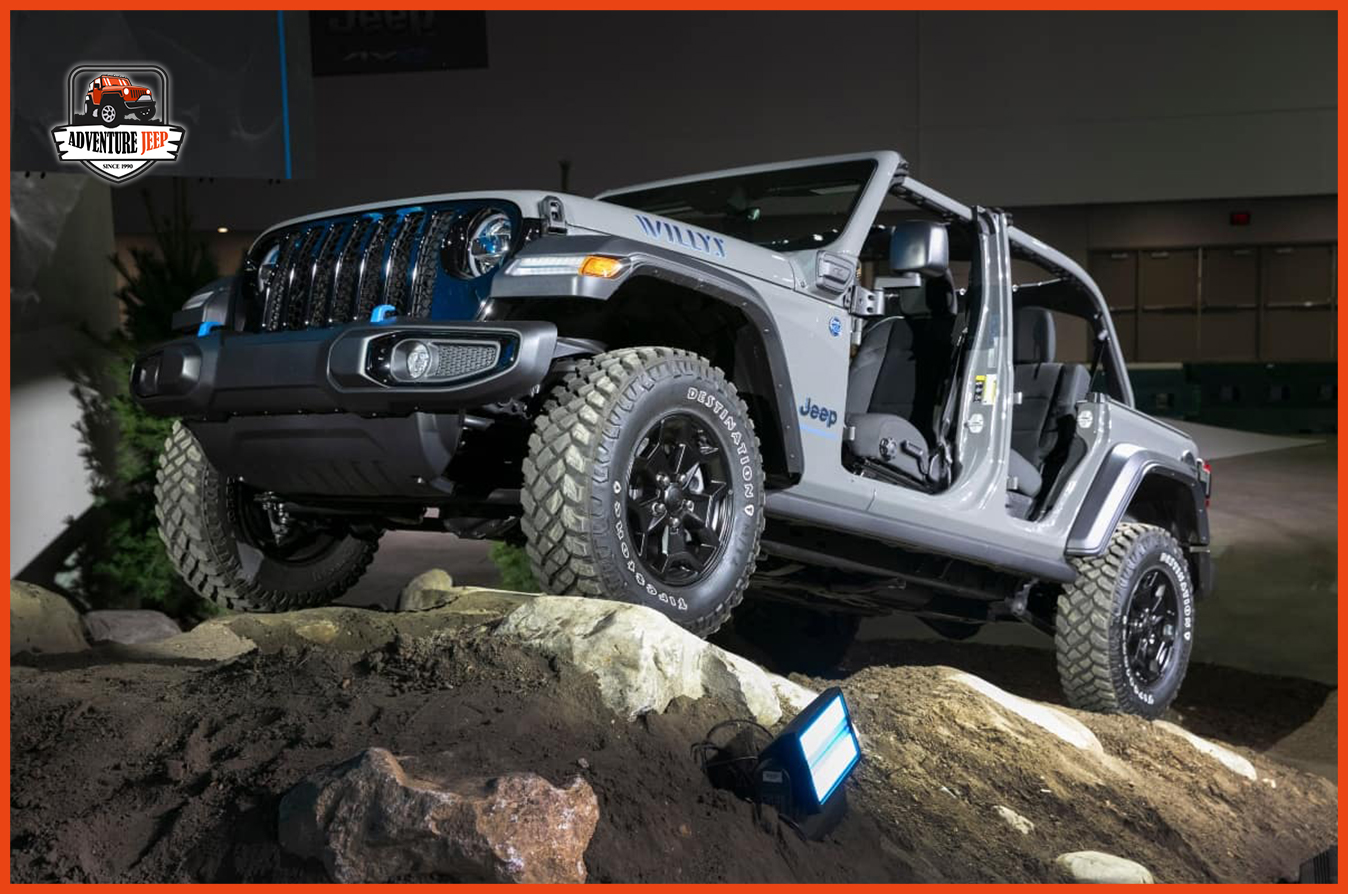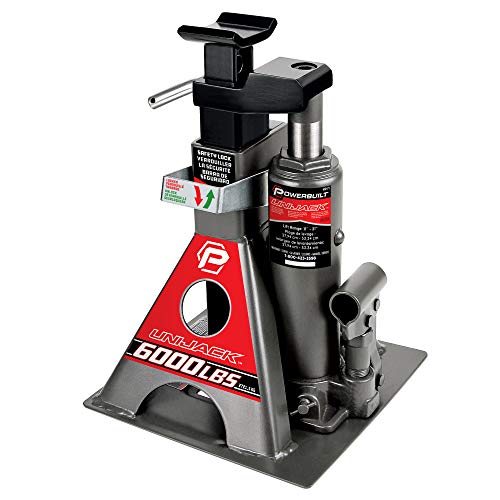A Jeep JK hardtop weighs around 150 pounds, which makes it a relatively lightweight addition to your vehicle. Jeep JK hardtops are known for their durability and ability to withstand extreme weather conditions while offering added protection and security to the vehicle’s interior.
These hardtops are made from lightweight yet sturdy materials such as fiberglass or aluminum, which helps keep the weight manageable without compromising on strength. Installing a hardtop on your Jeep JK can enhance its overall functionality and versatility, allowing you to enjoy off-roading adventures even in harsh weather conditions.
Whether you’re looking to protect your Jeep’s interior from rain, snow, or the scorching sun, a hardtop provides added peace of mind. With a weight of around 150 pounds, the Jeep JK hardtop is a practical and worthwhile accessory that can be easily installed and removed as needed.
Understanding The Importance Of Knowing The Weight Of A Jeep Jk Hardtop
Understanding the weight of a Jeep JK hardtop is essential for various reasons. Several factors need consideration when evaluating its weight. The type of material used for construction, such as fiberglass or aluminum, greatly impacts the overall weight. Additionally, the design and thickness of the hardtop play a significant role in determining its weight.
The presence of additional features like built-in racks or sunroofs can also increase the overall weight of the hardtop. Considering the weight is crucial for ensuring compatibility with the vehicle’s load capacity and maintaining optimal performance. It helps in planning transportation, as heavyweight hardtops may require special handling or equipment.
Furthermore, knowing the weight allows for better fuel efficiency calculations and helps in making informed decisions regarding the suspension and braking systems.
Exploring The Standard Weight Of A Jeep Jk Hardtop
The weight of a Jeep JK hardtop can vary depending on various factors. These factors include the material used in the construction of the hardtop, such as fiberglass or aluminum. Additionally, the presence of any extra features or accessories, like soundproofing or insulation, can also impact the overall weight.
On average, a Jeep JK hardtop typically weighs between 100-200 pounds. However, it’s important to note that this is just a general range, and the actual weight can differ based on specific configurations and customizations. So, whether you are interested in purchasing a new hardtop or simply curious about the weight, it’s essential to consider these factors when evaluating the weight of a Jeep JK hardtop.
Determining The Weight Of A Factory Original Jeep Jk Hardtop
Determining the weight of a factory original Jeep JK hardtop is essential for various reasons. To find the specific weight, there are several resources available. Consulting the vehicle’s user manual is a reliable option as it often provides accurate information.
Additionally, reaching out to the manufacturer directly can yield the desired weight measurements. Online forums and communities dedicated to Jeep owners may also have valuable insights and personal experiences with the JK hardtop’s weight. Another approach is to look for reliable websites that specialize in providing specifications for different vehicle parts.
By utilizing these sources, one can obtain accurate and up-to-date information about the weight of a Jeep JK hardtop. This knowledge is vital for maintenance, modifications, and understanding the overall performance of the vehicle.
Analyzing The Weight Of Aftermarket Jeep Jk Hardtops
When evaluating the weight of aftermarket Jeep JK hardtops, several factors need to be considered. Different popular aftermarket brands offer varying weight specifications for their products. The weight of a Jeep JK hardtop can depend on factors such as the material used in its construction, such as fiberglass or aluminum.
The design and thickness of the hardtop can also influence its weight. Additionally, any additional features or accessories added to the hardtop, such as roof racks or insulation, can contribute to its overall weight. It is important to research and compare the weight specifications of different aftermarket brands to ensure that the hardtop meets your specific needs and preferences.
Understanding these factors will help you make an informed decision when selecting a Jeep JK hardtop for your vehicle.
Comparing The Weight Of Different Jeep Jk Hardtop Models
Different Jeep JK hardtop models vary in weight due to various factors such as additional features and trims. The weight variations among these models can significantly impact the overall performance and handling of the vehicle. When assessing the weight of a Jeep JK hardtop, it’s important to consider the specific model and trim level, as well as any optional features or accessories that may affect the weight.
Whether you’re looking for a lightweight hardtop for improved fuel efficiency or a heavier one for added durability, understanding the weight differences between various Jeep JK hardtop models is crucial. By comparing the weight of different models, you can make an informed decision based on your specific needs and preferences.
So, before making a purchase, carefully consider the weight variations and their potential impact on your Jeep JK’s performance.
Exploring The Weight Distribution Of A Jeep Jk Hardtop
The weight of a Jeep JK hardtop is an important factor to consider for its overall performance. Proper weight distribution plays a significant role in ensuring a smooth and balanced ride. By understanding how the weight is distributed, you can make necessary adjustments to maximize your Jeep’s capabilities.
Maintaining proper weight distribution involves a few essential tips. Firstly, regularly check and distribute load evenly across the vehicle, ensuring a balanced weight distribution. Secondly, avoid overloading one side of the Jeep, as this can affect stability and handling. Additionally, consider removing unnecessary items to reduce excess weight.
Always make sure to secure any cargo properly to prevent shifting during off-road adventures. Lastly, be mindful of any modifications you make to the Jeep, as they can impact weight distribution. By following these guidelines, you can optimize the weight distribution of your Jeep JK hardtop for a safer and more enjoyable driving experience.
Tips For Reducing The Weight Of A Jeep Jk Hardtop
Jeep JK hardtop weight is a common concern among Jeep owners. Fortunately, there are effective ways to reduce the weight of a Jeep JK hardtop. Lightweight alternatives such as fiberglass or aluminum tops can significantly decrease the overall weight without compromising durability.
Additionally, modifications like removing unnecessary accessories and trim can further lighten the hardtop. Another option is to install a slant-back hardtop or a soft top, as these tend to be lighter than the standard hardtop. It’s important to assess the impact of weight reduction on vehicle performance, ensuring that the Jeep remains balanced and stable.
By exploring lightweight alternatives and making strategic modifications, Jeep owners can enjoy improved fuel efficiency and enhanced off-roading capabilities.
How The Weight Of A Jeep Jk Hardtop Impacts Off-Roading And Everyday Driving
A Jeep JK Hardtop’s weight can have significant effects on both off-roading and everyday driving. The weight of the hardtop can impact fuel efficiency, acceleration, and handling. When planning off-road adventures, it is crucial to consider the weight of the hardtop.
Heavier hardtops may reduce fuel efficiency, making it necessary to carry extra fuel for longer trips. The added weight can also affect the acceleration of the Jeep, making it feel slower and less responsive. Additionally, a heavier hardtop can affect the overall handling of the Jeep, making it feel less agile on rough terrains.
Therefore, understanding the weight of a Jeep JK Hardtop is essential for optimizing performance and ensuring a satisfying off-road experience.
Frequently Asked Questions On How Much Does A Jeep Jk Hardtop Weigh
How Big Is The Hard Top Of A Jeep Jk?
The hard top of a Jeep JK is approximately X feet long, Y feet wide, and Z feet high.
How Many Pounds Is A Jeep Wrangler Jk?
The Jeep Wrangler JK weighs approximately [insert weight in pounds].
How Much Weight Can A Jeep Hard Top Hold?
A Jeep hard top can hold an average weight of approximately 200 to 300 pounds.
How Much Does A 4 Door Jeep Wrangler Jk Weigh?
The weight of a 4 door Jeep Wrangler JK is approximately [insert weight].
How Much Does A Jeep Jk Hardtop Weigh?
A Jeep JK hardtop typically weighs around 125 to 150 pounds, depending on the specific model and features.
Does The Weight Of A Jeep Jk Hardtop Affect Fuel Efficiency?
Yes, the weight of a Jeep JK Hardtop can have a slight impact on fuel efficiency due to the additional load it places on the vehicle.
Can I Remove The Jeep Jk Hardtop By Myself?
Yes, the Jeep JK Hardtop can be removed by a single person, although it is recommended to have someone assisting you to ensure safety and prevent any damage.
Conclusion
Understanding the weight of a Jeep JK hardtop is crucial for various reasons. It affects the overall performance, fuel efficiency, and ease of transportation of the vehicle. As we have discussed, the weight can vary depending on the material used and any additional features.
Fiberglass hardtops tend to be lighter, while steel ones may be heavier. It is important to consider these factors when deciding on a hardtop for your Jeep JK. Taking into account the weight, along with other relevant aspects, such as durability and insulation, will help you make an informed decision.
Whether you are an off-road enthusiast or simply looking to enhance your Jeep’s capabilities, knowing the weight of a Jeep JK hardtop is essential for a seamless and enjoyable driving experience.




Leave a Reply